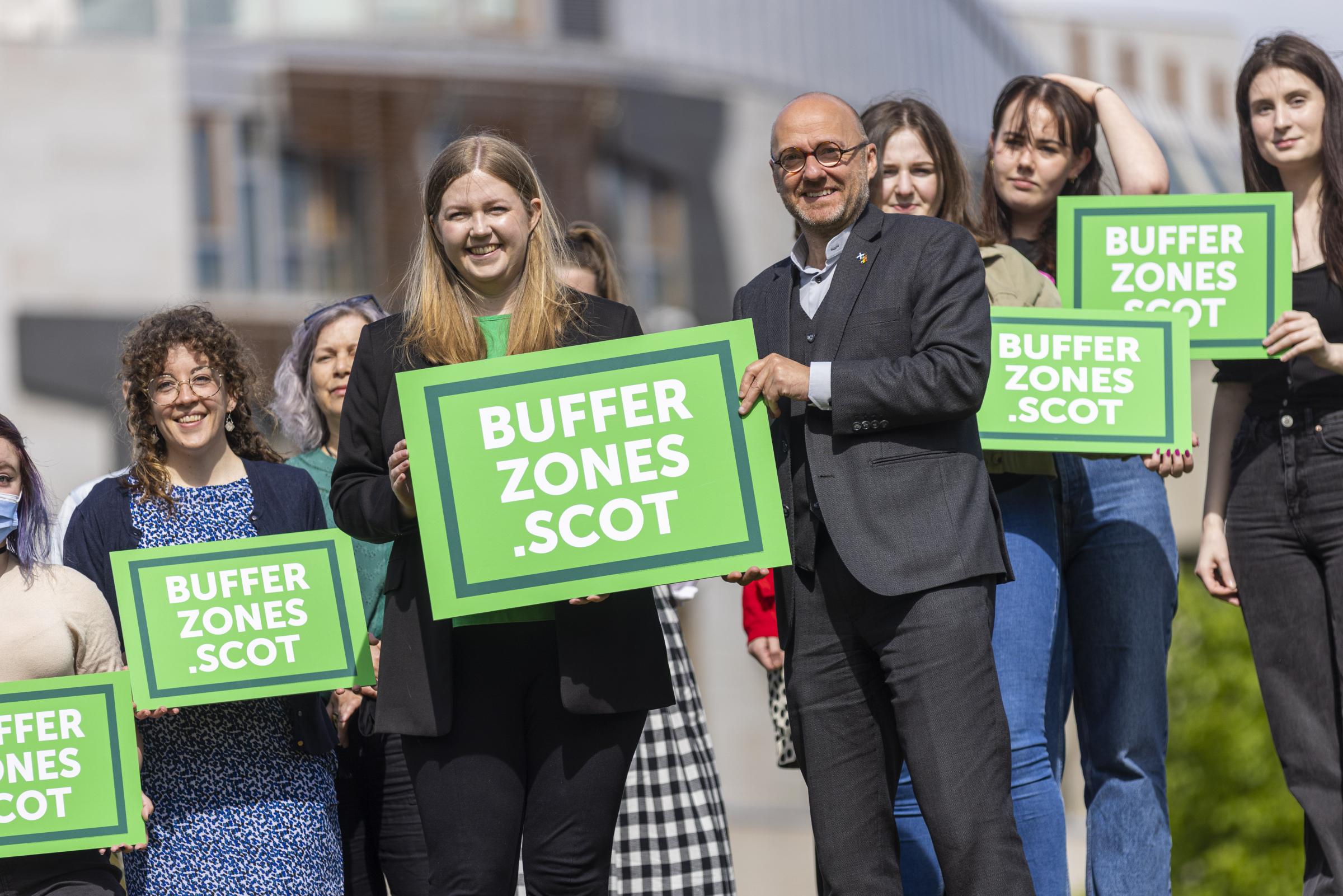
TIME is fast running out to fill in a consultation on whether anti-protest buffer zones should be put in place around abortion clinics in Scotland.
People have until 23:59 on Thursday to make their voices heard on Gillian Mackay's Safe Access Zones private member's bill which, if passed, will mean anti-choice protestors cannot hold demonstrations within 150m of a clinic.
There has been a significant rise in the number of demonstrations held outside the likes of the Queen Elizabeth University Hospital and Sandyford Clinic in Glasgow and the Chalmers Clinics in Edinburgh.
Nobody should be harassed when accessing healthcare. This is the last day to respond to @GillianMacMSP's consultation on introducing buffer zones outside facilities that provide abortion services. Fill it in by 23:59 to make sure your voice is heard.https://t.co/NaG86Ksp7o pic.twitter.com/afWOSZJvNe
— Scottish Greens (@scottishgreens) August 11, 2022
Religious anti-choice activists also hold “vigils” outside places offering abortions, which are protected under the rights of freedom of expression and religion.
Several MSPs across a range of parties have already shown their support for the Bill including Patrick Harvie, Pam Duncan-Glancy, Jackie Baillie, Emma Roddick, and Paul O'Kane.
First Minister Nicola Strugeon has also backed the cause and held an abortion summit in June to start up talks on how councils could help to stop protestors coming too close to clinics in their area.
It has now been announced there will be a second summit this month which will focus more on how local authorities can implement buffer zones outside using local regulations.
At the June summit, Nicola Sturgeon called on Glasgow and Edinburgh to introduce buffer zones to restrict protest outside sensitive sites such as hospitals and sexual health clinics.
She said at the time: “Glasgow and Edinburgh clearly are the councils where this is the biggest issue, although there are other health boards who are seeing these protests."
Last month Mackay said the consultation has received around 5000 completed responses with just under four weeks until it was due to close.
It could reach the heights of some of the most popular bill surveys, hitting between 10,000 and 12,000 replies.
To make sure your views are considered, fill in the consultation here.







